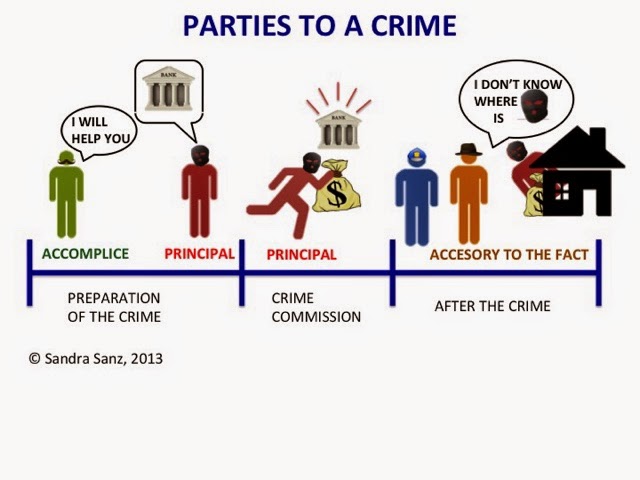Prescription of Crimes
This post is a reply to the query thrown by one of my followers on whether or not the crime committed in violation of anti-fencing law prescribes. Yes, all crimes have prescriptions. But the period of prescription may vary depending on the degree of its imposable penalties.
Article 90 of the Revised Penal Code of the Philippines states the prescription of crimes. Thus:
Crimes punishable by DEATH, RECLUSION PERPETUA or RECLUSION TEMPORAL shall prescribe in TWENTY YEARS.
Crimes punishable by other AFFLICTIVE PENALTIES shall FIFTEEN YEARS.
Those punishable by a CORRECTIONAL PENALTY shall prescribe in TEN YEARS; with the exception of those punishable by ARRESTO MAYOR, which shall prescribe in FIVE YEARS.
The crime of libel or other similar offenses shall prescribe in ONE YEAR.
The offenses of oral defamation and slander by deed shall prescribe in SIX MONTHS.
Light offenses prescribe in TWO MONTHS.
When the penalty fixed by law is a compound one, the highest penalty shall be made the basis of the application of the rules contained in the first, second, and third paragraph of this article (as amended by R.A. No. 4661).
What are the penalties that are considered as afflictive, correctional and light?
Article 25 of the same Revised Penal Code provides the enumeration, thus:
Capital punishment:
Death
Afflictive penalties:
Reclusion perpetua (20 years and 1 day to 40 years of imprisonment)
Reclusion temporal (12 years and 1 day to 20 years of imprisonment)
Prision mayor (6 years and 1 day to 12 years of imprisonment)
Correctional penalties:
Prision correccional (6 months and 1 day to 6 years)
Arresto mayor (1 month and 1 day to 6 months)
Light penalty:
Arresto menor (1 day to 30 days of imprisonment)
Note: The photo above is taken from www.inoxico.com



Comments
Post a Comment